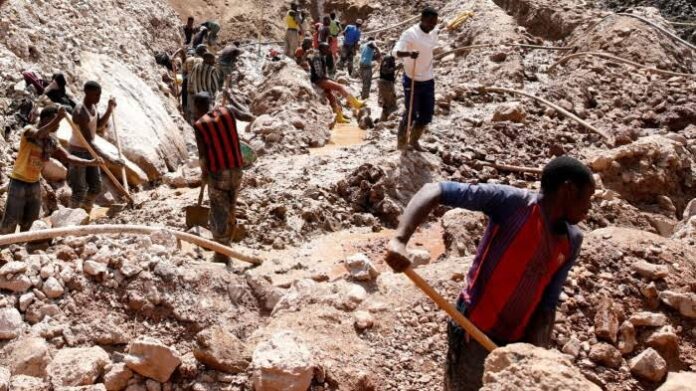The Democratic Republic of Congo (DRC) has filed a criminal case against tech giant Apple, accusing the company of using illegally sourced minerals, commonly referred to as “blood minerals,” in its supply chain. The case, lodged against Apple subsidiaries in Belgium and France, also implicates the company in war crimes, money laundering, forgery, and deceptive practices.
According to lawyers representing the Congolese government, Apple allegedly purchased minerals mined illegally from conflict zones in the eastern DRC and neighboring Rwanda. These materials were then integrated into global supply chains and are believed to be present in Apple’s devices. The DRC government claims this makes Apple complicit in the atrocities tied to the extraction of these resources.
Human rights groups and United Nations experts have long warned about the grim realities of artisanal mining in eastern Congo, where armed groups often control mining sites. These groups are accused of committing severe human rights violations, including massacres, sexual violence, and systematic looting. The Congolese government argues that Apple’s involvement, whether direct or indirect, perpetuates these crimes.
Also, read; Nigerian Animated Series Iwájú Earns Three Emmy Nominations
In response, Apple maintains that it does not directly source raw materials and has robust systems in place to verify the origin of its supplies. However, the DRC’s legal team alleges that Apple’s subsidiaries in Belgium and France engage in deceptive practices designed to reassure consumers about the integrity of the company’s supply chain.
Rwanda, also named in the allegations, has dismissed the claims as baseless, further complicating the case.
The mineral-rich eastern region of the DRC has been a flashpoint of violence since the 1990s, with ongoing clashes between rebel groups and the Congolese military. Despite international efforts to regulate the trade of conflict minerals, the region remains a hub for illegal mining activities that fuel instability and human suffering.
This high-profile case adds to the growing scrutiny of tech companies over their sourcing practices, raising questions about corporate responsibility and the ethical implications of modern supply chains.

